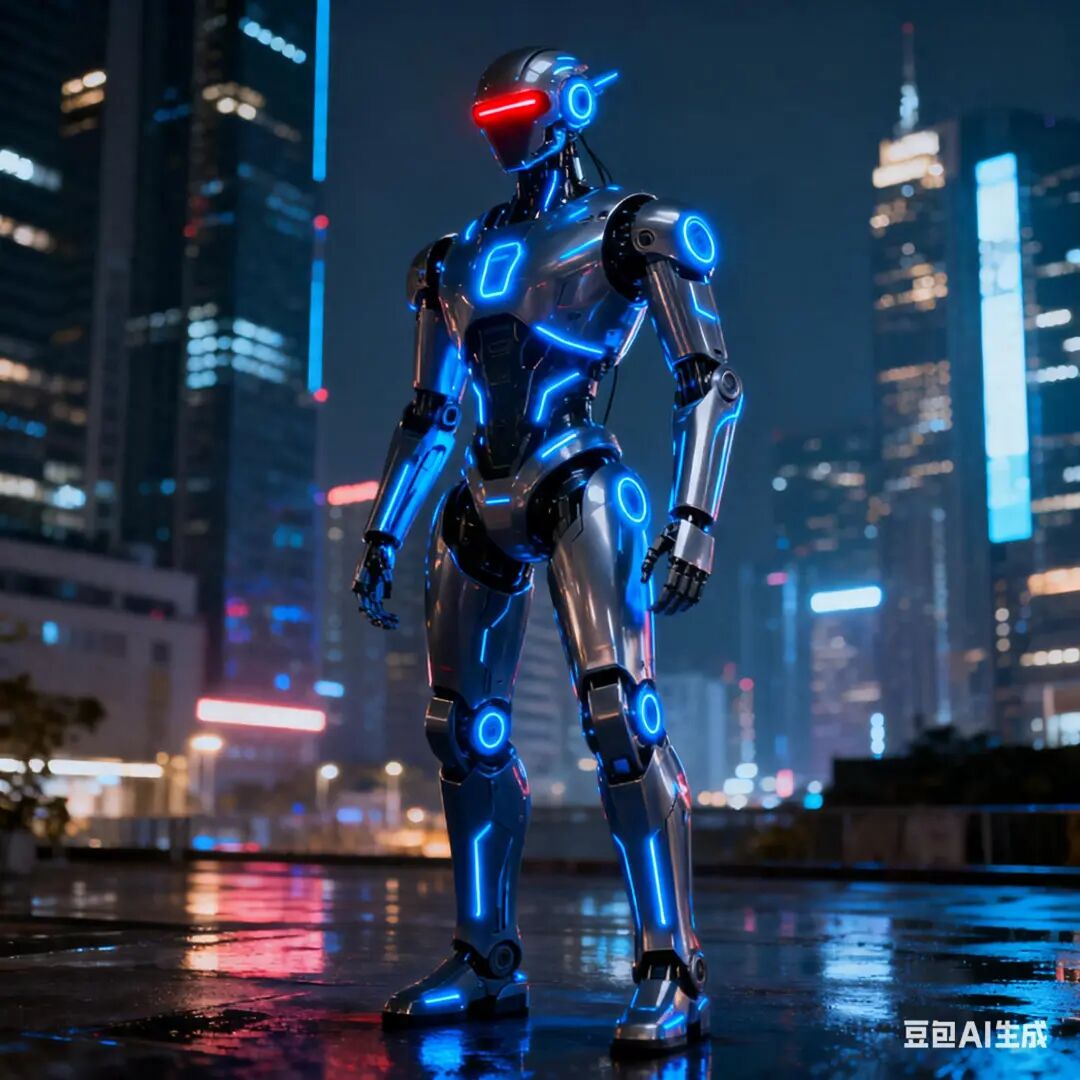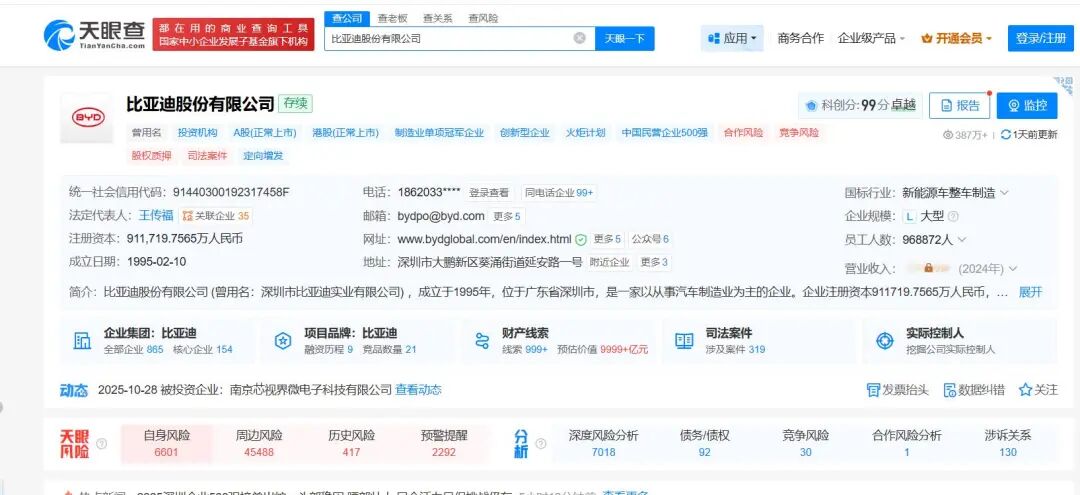Tesla Floats Trillion-Dollar Compensation Proposal: Musk Declares 'Money Holds No Allure for Me'?
![]() 10/30 2025
10/30 2025
![]() 516
516
Text: Tan Qing Shuo AI
In contemporary times, it's not uncommon for employees to change jobs due to unsuccessful salary negotiations. Surprisingly, even the wealthiest individual on the planet can voice dissatisfaction with a 'meager' paycheck.
Recently, Robin Denholm, Tesla's U.S. Chairman, penned a letter to shareholders on the 27th, urging them to endorse CEO Elon Musk's $1 trillion compensation package ahead of the company's annual shareholder meeting.
She also cautioned shareholders that Musk might depart the company if his decade-long compensation plan is rejected.
It's a rare sight to witness the world's richest person threaten to resign over a salary dispute.
Unlike the average worker, who negotiates for a few hundred or thousand dollars more in salary, Musk directly escalates the stakes to trillions.
At this pace, an average individual would need to start working from the dinosaur age, millions of years ago, to amass a comparable fortune.
Yet, with such immense wealth already, why does Musk still crave more?
//Is Musk Truly Indifferent to Money?
To be candid, for Musk, money is merely a larger numeral. What truly matters is likely his grip on Tesla's destiny.
Firstly, the compensation plan predominantly consists of stock-based incentives, potentially a concealed tactic to solidify Musk's dominance.
If the new compensation package is greenlit, Musk's stake in Tesla will surge from 13% to nearly 29%, granting him enhanced sway.
During this year's third-quarter earnings call, Musk explicitly articulated:
'My primary concern regarding my voting power at Tesla is: if I were to construct a colossal robot army, could I be abruptly ousted in the future?'
'That's my foremost apprehension. This so-called 'compensation' plan is essentially crafted to tackle this issue. It's termed compensation, but I won't actually utilize the funds.'

'The crux is, if we do construct this robot army, can I at least retain substantial influence over it? Not direct control now, but a significant say in the future. That's the pivotal matter. If I lack adequate influence over this robot army, I won't feel at ease leading it.'
Musk's remarks are not without merit. The case of Steve Jobs being ousted from Apple, a company he co-founded, serves as a poignant reminder. Musk is merely taking preemptive action.
However, his statement echoes a familiar sentiment, reminiscent of Jack Ma's notorious 'I'm not interested in money' proclamation. This time, it's the 'Pro Max' iteration.
Recently, Musk posted on X (formerly Twitter): 'I now possess only what I require,' because 'material wealth weakens me.'
No wonder individuals with the surname Ma tend to make similar declarations.
Next time you encounter someone surnamed Ma who claims 'I'm not interested in money,' treat them as a billionaire and apply the same logic.
But seriously, earning such a colossal compensation won't be a walk in the park for Musk. Tesla's demands appear 'ludicrous' to most.
Tesla's performance benchmarks for Musk encompass: achieving an $8.5 trillion market valuation, selling 12 million cars, delivering 1 million humanoid robots, deploying 1 million autonomous robotaxis (Robotaxis), and boosting adjusted earnings from $16.6 billion in 2024 to $400 billion, all within a decade.
I grasp each term, but collectively, they seem nonsensical.
An $8.5 trillion market cap is equivalent to two Apples, five times Tesla's current market valuation, and surpasses the federal government's annual revenue.
If Musk falls short, he receives nothing.
This is essentially a 'wager on time' between Tesla's board and Musk.
For Tesla, Musk is its lifeblood. His departure would likely decimate its market valuation and profitability.
Furthermore, Musk has served as Tesla's CEO since 2008 while overseeing four other ventures, including SpaceX and AI startup xAI.
Bloomberg reports that the new incentives aim to keep Musk focused on Tesla while pursuing growth in burgeoning markets like robotics and AI.
The board doesn't want Musk sidetracked, hence the exorbitant compensation package.
However, the final verdict rests on a shareholder vote, with results anticipated in November.
//Why Does Tesla Dare to Present Such an Exorbitant Incentive Scheme?
If approved, this would mark the largest executive compensation plan in corporate history.
Nevertheless, the proposal has faced criticism from proxy advisory firms like Institutional Shareholder Services (ISS).
ISS urges investors to reject it, citing its excessive size and lack of effective constraints.
Numerous opponents argue that no one deserves a trillion-dollar compensation package.
A trillion-dollar salary? It sounds preposterous.
But why is Tesla's board so eager to champion this plan? Besides Musk being Tesla's cornerstone, there's another rationale—timing.
Tesla confronts two pivotal periods: electric vehicles (EVs) are being outpaced by Chinese firms, and the era of autonomous driving and robotics is emerging.
The former affects Tesla's current valuation, while the latter shapes its future.
Recently, Carlos Tavares, former CEO of Stellantis, publicly questioned Tesla's valuation, stating, 'Tesla's market cap will plummet because its current valuation is absurdly high.'
He even lauded BYD: 'I'm not convinced Tesla will endure in 10 years. While innovative, it will ultimately be surpassed by BYD's efficiency.'
Apparently, some foreigners also perceive the Chinese moon as rounder.

BYD's global expansion is indeed aggressive. Data from Tianyancha APP reveals that in the first half of this year, BYD sold 1.02 million pure EVs, compared to Tesla's 690,000, widening the lead by 300,000 units.
As Chinese EV technology and markets advance, their global competitiveness grows, posing a significant threat to Tesla.
Meanwhile, EVs are entering an era of autonomous driving competition, which is essentially a robotics race.
Autonomous vehicles are, in essence, four-wheeled robots.
Gaining an edge in autonomous driving now means a lead in robotics later.
Robots will undoubtedly drive the next productivity revolution.
Envision a company controlling a million-robot army—how formidable would that be?
Chairwoman Denholm also referred to this vote as a 'critical inflection point' for Tesla, stating that Musk's 'unique' leadership is irreplaceable, especially during the company's transition from a 'vehicle manufacturer' to a 'maker of smart vehicles and robots.'
The stakes are high, so Tesla's board is willing to pay Musk's exorbitant salary. Given the ambitious and stringent targets, it's challenging to envision Musk succeeding.








